
Nvidia and China: Chip Crisis Continues

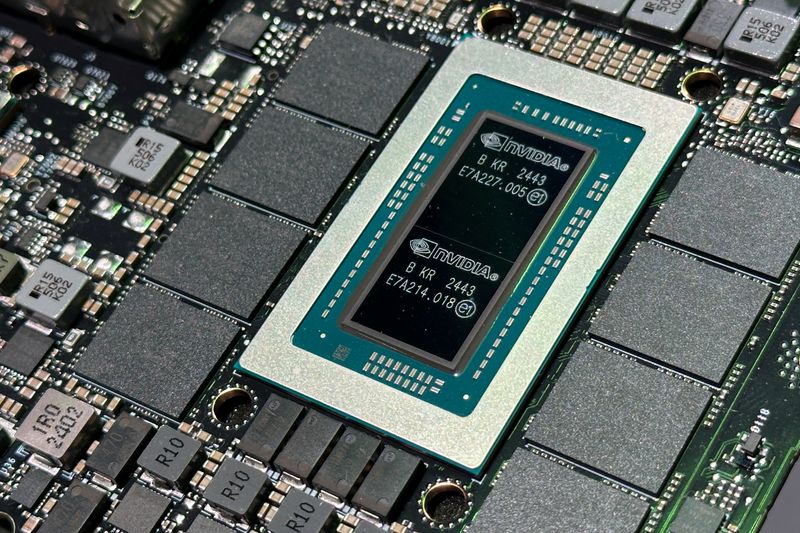
U.S. President Donald Trump stated after the summit in South Korea that despite mentioning discussions would be held regarding chip trade with China, there was no discussion regarding Nvidia's latest artificial intelligence chips.
Trump, speaking to reporters aboard Air Force One, said that chips were discussed and that China would be negotiating chip purchases with Nvidia and other firms, but the Blackwell chip did not come up in conversation.
Recently, Trump described the Blackwell chip as 'super awesome' and mentioned that he could talk about it with Chinese President Xi Jinping. These statements contributed to Nvidia's market value reaching $5 trillion.
China's access to Nvidia chips is one of the sources of tension between the U.S. and China. Washington has implemented export controls that limit the sale of Nvidia's most advanced artificial intelligence chips to China, aiming to restrict China's technological advancement.
Nvidia CEO Jensen Huang has been trying to convince the Trump administration to ease the controls, arguing that China's artificial intelligence market's reliance on U.S. hardware is beneficial for America.
Sources indicate that Nvidia is working on a chip based on its latest Blackwell architecture, which will be less capable than the model sold outside the country but stronger than the H20 model. However, it has been reported that the Chinese government has taken a negative stance towards Nvidia and is encouraging local chip producers like Huawei.
This week, Huang stated that his company did not request an U.S. export license to send its new chips to China. 'They made it clear that they don't want Nvidia to be there,' he said, adding that access to the Chinese market is essential to finance U.S. based research and development.
Trump expressed that he did not want to delve deeper into the topic during the meeting, saying, 'I really said this is between you and Nvidia, but we are somewhat of a referee.'
Both Democratic and Republican lawmakers opposed giving Nvidia more access to China regarding the Blackwell chips. Following the meeting, Nvidia will consult with China to assess what is possible.
In recent months, the U.S. administration banned Nvidia from exporting the H20 chip to China, but then reversed the decision, accepting export licenses at 15%. However, China requested further clarification on security risks related to Nvidia chips and has warned local companies to be cautious about purchasing the H20.
Finally, Nvidia CEO Huang complained that reciprocal sanctions have dropped the company's market share in China from 95% to nearly zero. The two expressed caution regarding China's potential rapid changes regarding the status of Nvidia chips in the Chinese market.
.png)
Yakında Tüm Platformlarda
Sizlere kesintisiz haber ve analizi en hızlı şekilde ulaştırmak için. Yakında tüm platformlarda...

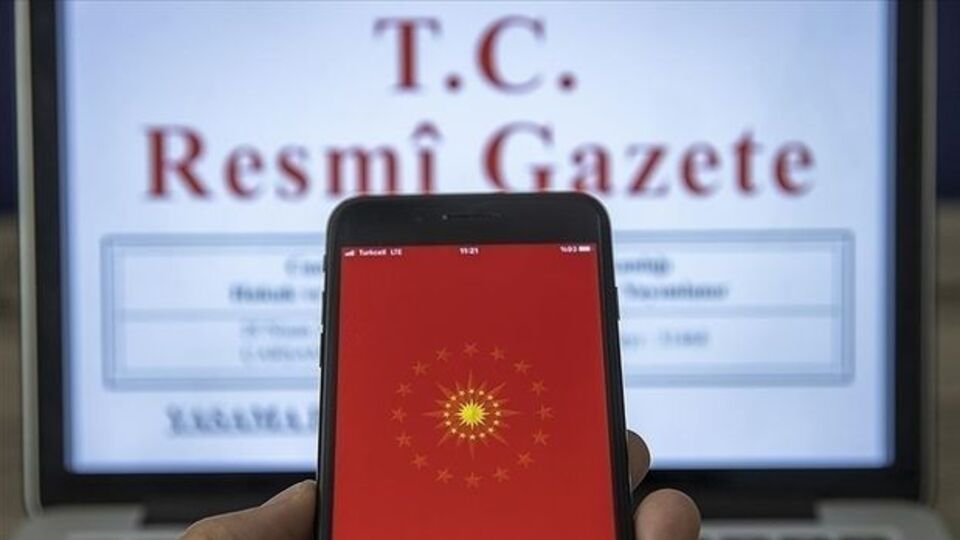
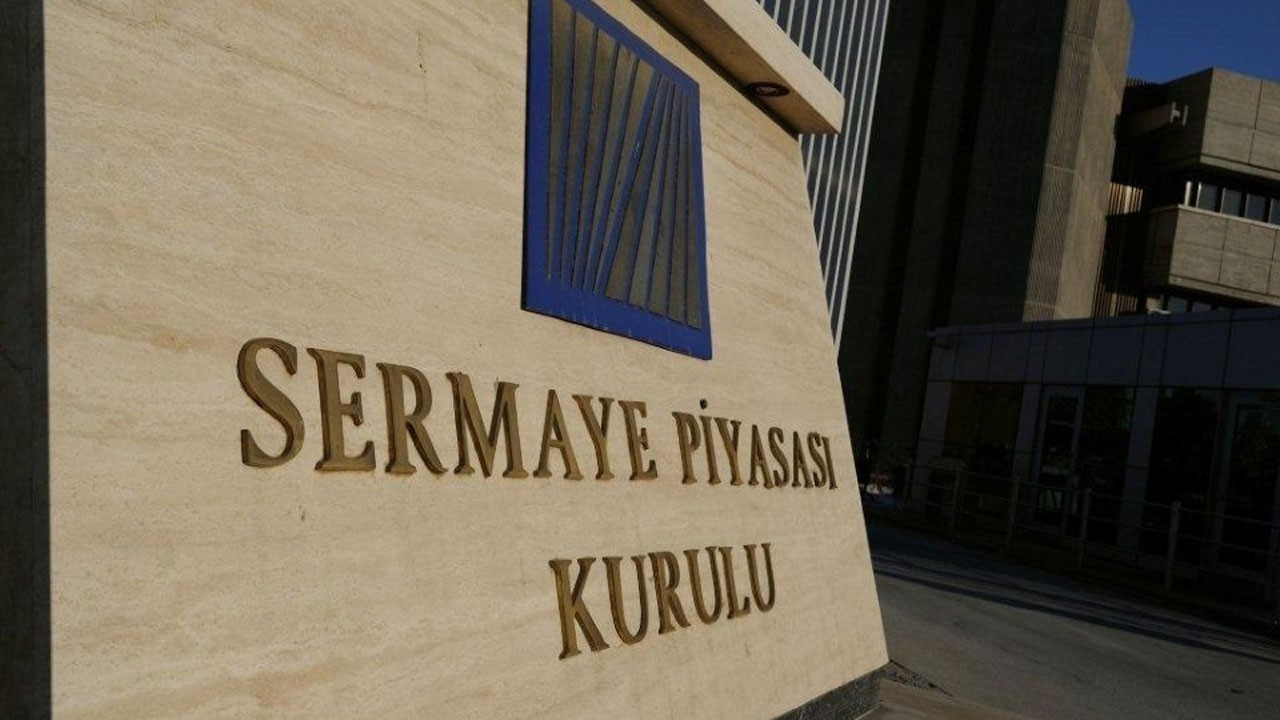
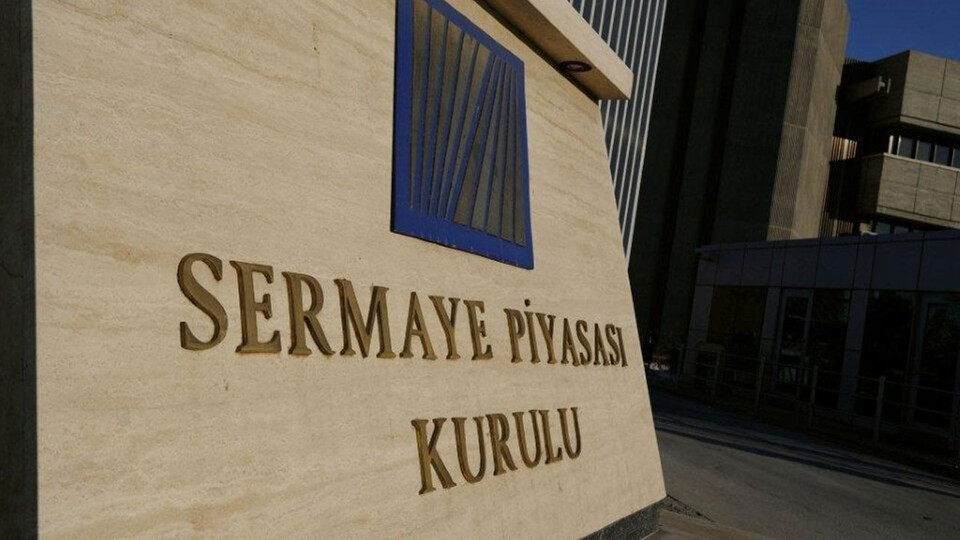

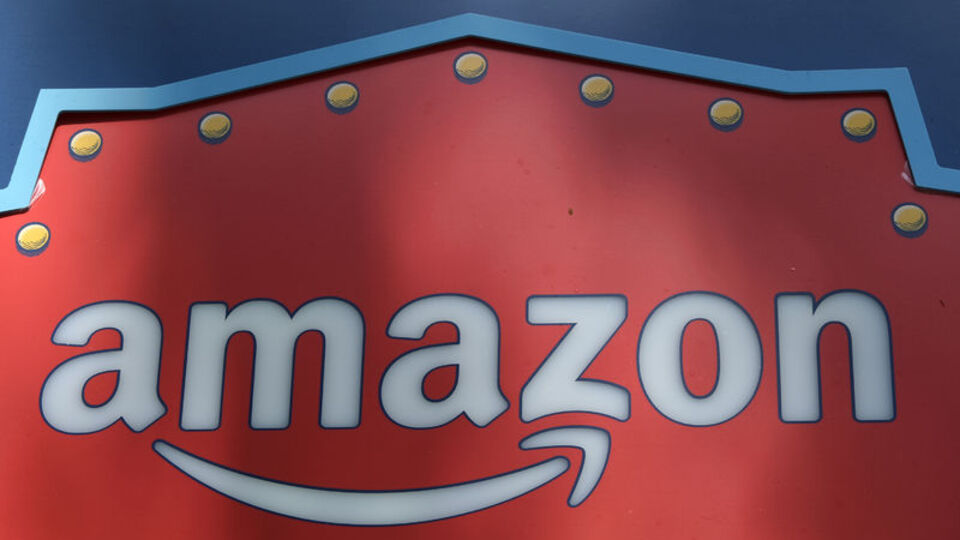
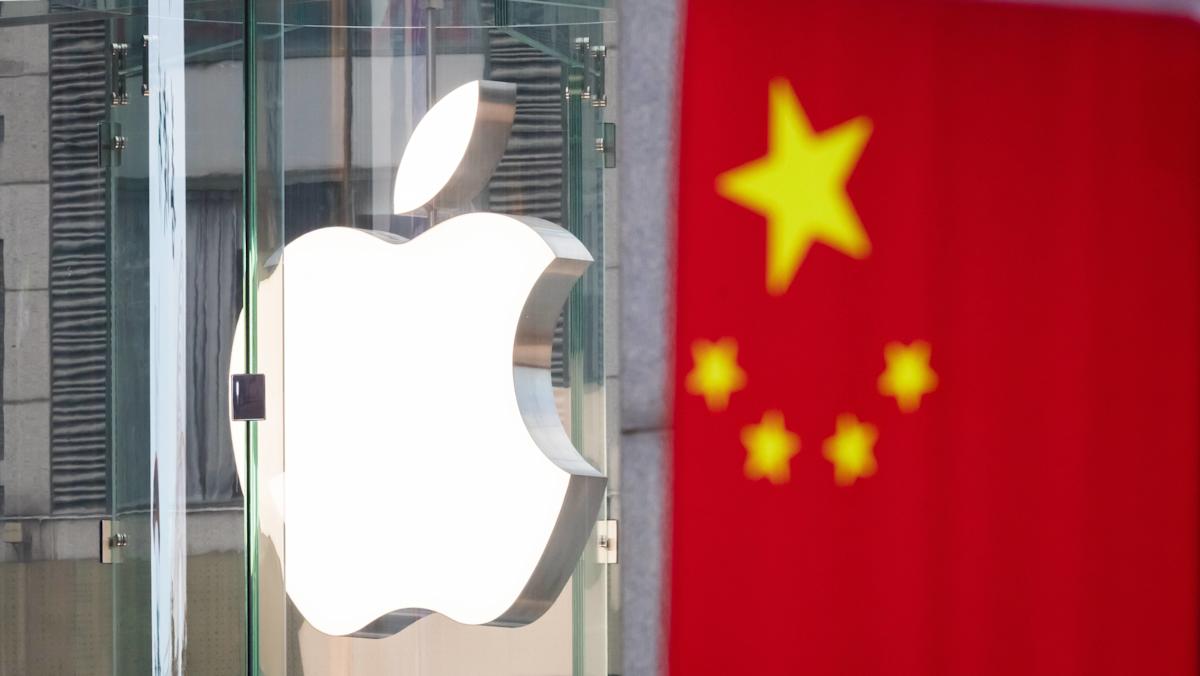

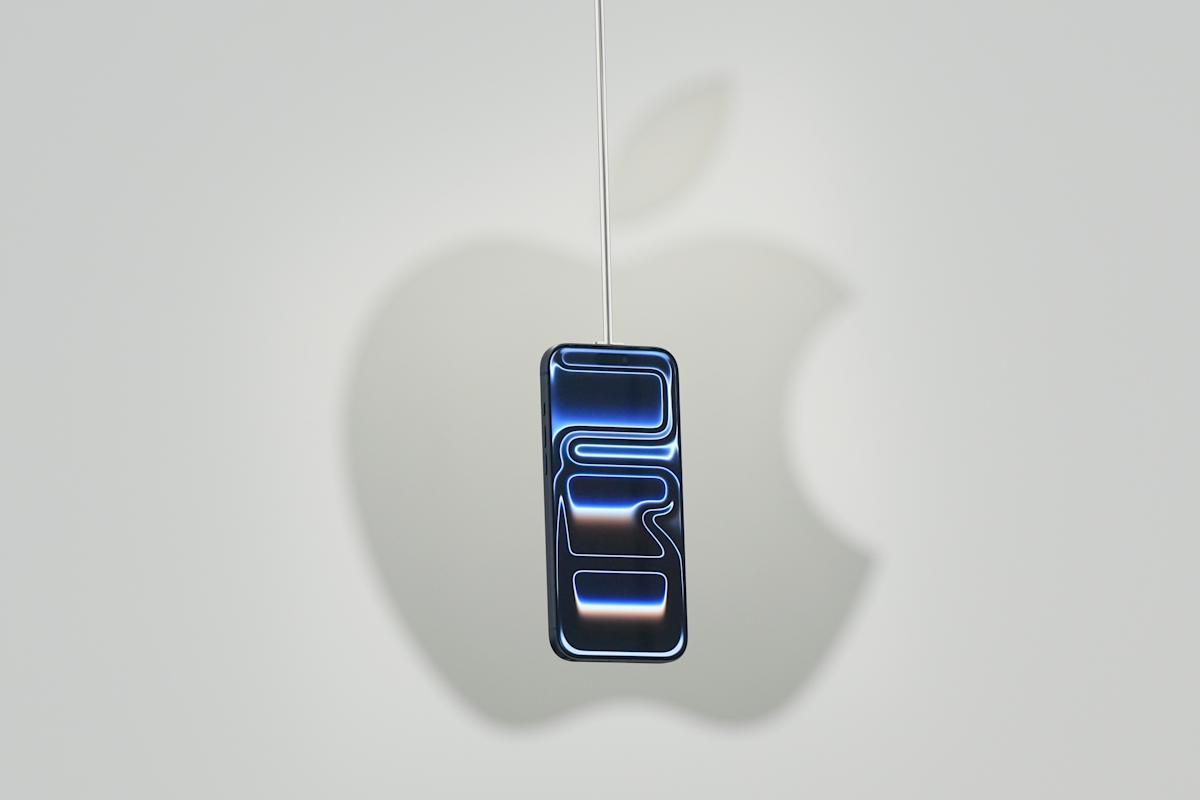
.png)